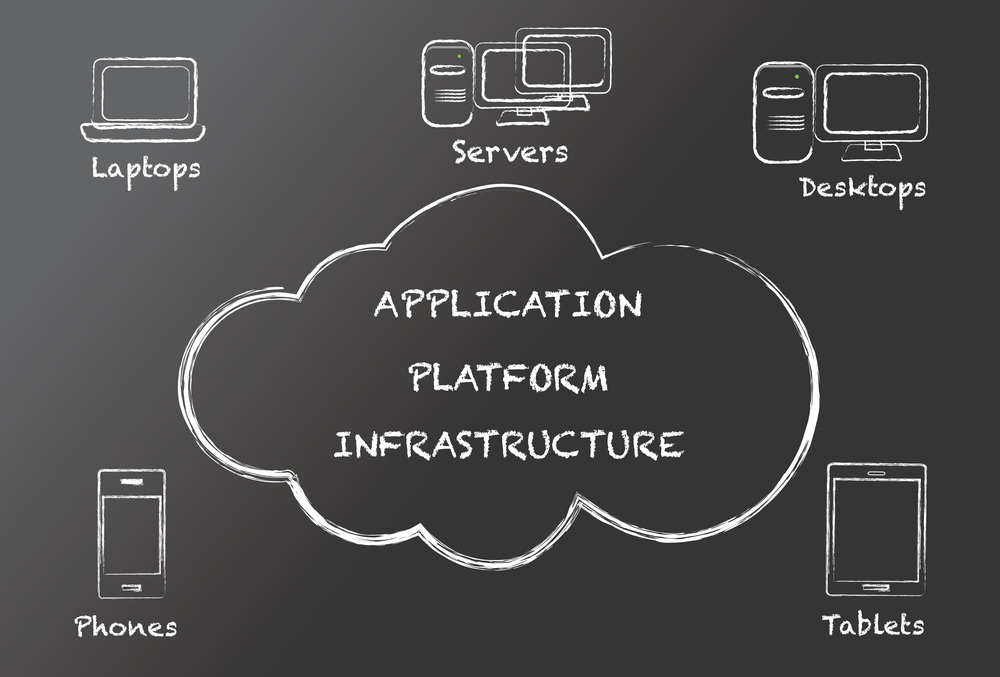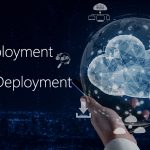
Should your organization go with ERP cloud software or with on-premise ERP?
“ERP has been one of the most high-stakes, difficult software systems to implement in organizations.” — Adam Boyce, Panorama Consulting Solutions, The differences between on-premises and cloud ERP software.
If such is the case, what path should you as a business and technology decision maker take? What are the main factors you should consider when choosing an ERP solution? How can you ensure the greatest ease of implementation? How can you derive maximum value from your ERP implementation and plan for future growth?
Perhaps the first consideration you have is that of security. At first glance, on-premise ERP systems seem to be the most sound and best in terms of security. After all, your data is on physical hardware inside the plant; basically no one can take that away. However, insider attacks are still a possibility, and harmful intruders from outside can’t always be stopped. The same thing holds true with any system. On-premise ERP or cloud ERP systems need very stout security measures, especially in the case of the latter one may argue. But as Forrest Burnson writes in an article titled Cloud ERP vs. On-Premise ERP, “Though buyers were once wary of the security of cloud-based software, many today are becoming less skeptical…Reputable cloud vendors have strict standards in place to keep data safe. To further ease concerns, prospective buyers can seek a third-party security audit of a vendor they’re considering. This can be especially useful if the vendor is less well-known.” Since vendors have a reputation to uphold, they have every incentive to maintain the highest security standards. It stands to reason that a transition to cloud ERP via a reputable vendor is, in fact, a major security improvement in cases where a firm has had a pattern of past break-ins or is just plain sloppy when it comes to security.
Cost savings is another area where the advantages and disadvantages of on-premise ERP versus cloud ERP must be weighed carefully. In the case of cloud ERP the costs basically amount to rent. At first glance that does not seem good because the cost is ongoing so over the course of months and years, it adds up. However, the costs of running ERP systems on-premise are high and include keeping expensive IT staff around for things like hardware and software maintenance, support issues, and crisis resolution. Keeping ERP systems on-premise also means paying software licensing fees and paying for added data use and electrical power. Purchasing computer hardware up front or later in order to add capacity is no small expense either.
Scalability is another thought. Do you want to buy a bunch of extra equipment out of fear that your organization may outgrow your current setup in a matter of months? What if something changes such that you will not be needing as much hardware any more, say less than half? What will you do with the extra hardware? That’s the dilemma your organization may be stuck in with an on-premise ERP solution. Maybe not. But cloud ERP allows wonderful flexibility in that you can purchase more capacity any time and release it and scale it down if you need to – without worrying about hardware either way.
A fourth consideration is mobility and ease of use. Cloud ERP allows for anywhere, anytime access. “Besides their inherited features of mobility and accessibility cloud-based ERP and other enterprise applications can usually boast higher levels of user friendliness and usability than other types of ERP,” according to a report by Jiaqi Duan, Parwiz Faker, Alexander Fesak, and Tim Stuart titled Benefits and Drawbacks of Cloud-Based Versus Traditional ERP Systems.
No matter what, choosing an ERP system is a very big, high-stakes decision. We feel the wisest thing to do is to consult an industry leader with deep expertise and experience in ERP technology, ERP systems implementation, and training.





